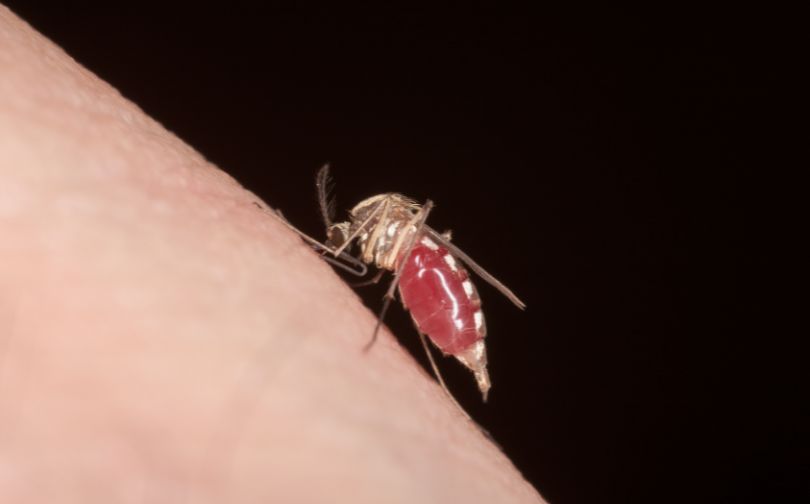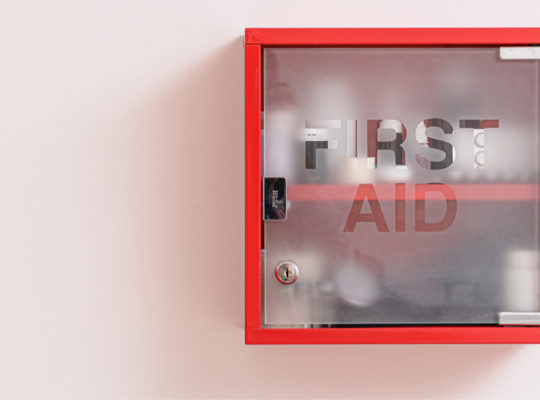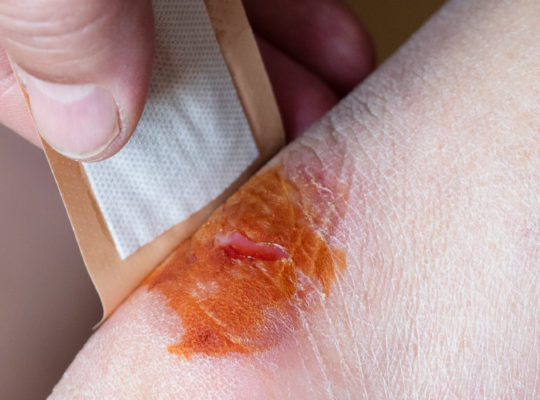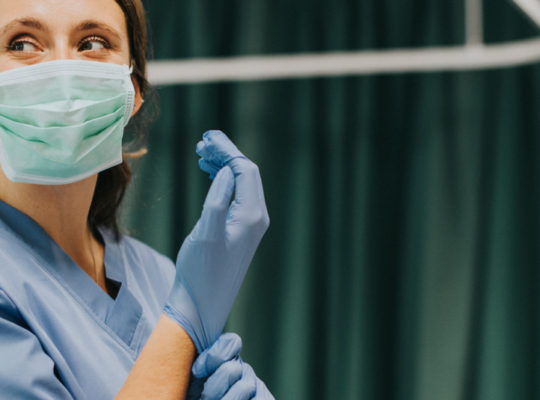
Bug bites and stings can be more than a quick annoyance. Whether it’s a bee sting that causes sharp pain, a mosquito bite that leads to itchy red bumps, or even the unexpected reaction from a spider bite, each has the potential to disrupt an otherwise peaceful day outdoors.
Some bites can even lead to allergic reactions or infections if not treated properly. In fact, around 2 million people in the U.S. each year experience allergic responses from insect stings, ranging from mild discomfort to severe reactions.
In this article, you’ll find straightforward steps to soothe the sting, manage the itch, and reduce the risk of infection.
How to Prevent and Treat Bug Bites
So, what to do when it happens? While most bug bites go away on their own, treatment can relieve pain and itching, and eliminate risk of disease. Our insect bite relief kit has everything you need to handle every mosquito bit,e or any bee sting this summer. The kit includes only what you need to save the day. Make sure to follow all written instructions on the packaging.
Cold Packs: apply to skin for initial soothing of a sting; do not apply longer than 15-20 minutes at a time.
BZK Towelettes: apply to affected skin to prevent infection; contains antibacterial to protect against risk of disease; also helpful for burns and minor cuts.
Hydrocortisone: apply small amount cream and gently rub in skin to relieve any irritation or rash; area should be left uncovered immediately after unless directed otherwise; hydrocortisone is a steroid that acts to reduce swelling and redness of a bite or sting.
Antihistamine: take tablets as directed on packaging to prevent allergy symptoms; temporarily protects against histamines which attach to cells in your body, causing swelling, itchiness, and fever.
Sting Relief Towelettes: apply wipe to affected area with pain relief wipes for fast-acting temporary itch relief
Bandages: for use if bite/sting creates open wound; protects against risk of germs and infection
Bug Spray: apply as directed to the skin; helps deter insects from biting or landing on your skin.
Know the Insects in Your Area
The best way to keep yourself safe and happy is to be prepared and knowledgeable. If you are travelling in an area with particularly dangerous insects, such as scorpions, brown recluses, black widows, etc., it is best to know beforehand how to respond to potentially life-threatening bites as quickly as possible. Also, it is good to know and prepare for allergies with Zyrtec allergy medication. For most people, a bee sting is nothing more than a painful inconvenience, but for people with anaphylaxis, it can easily be fatal. Readiness and preparation are the two most effective tools to stay safe.
- difficulty breathing
- swelling of lips, eyelids, or throat
- hives
- dizziness or confusion
- nausea, cramps, or vomiting
If you live around mosquitos, biting flies, fleas, ticks, or chiggers then you should get some bug spray. Wearing long pants and or long sleeves when possible also helps keep you from getting bit. Mosquitos and other biting insects are not able to get through clothes if they aren’t skin-tight. If you’re going to take a hike through some tall grass, tuck your pants into your socks to help prevent bugs from getting on your legs. If you are wearing shorts, give yourself a quick onceover to check for ticks, and if you notice bug bites, take a warm shower and clean yourself off with plenty of soap to get rid of any bugs that may have hitched a ride. It is also a good idea to wash any clothes you suspect of harboring a biting bug in hot water to kill them off.
When Should I Seek Medical Assistance?
Insect bites and stings usually cause minor discomfort and can be treated at home by cleaning the area, applying a cold compress, and using over-the-counter products to ease itching or swelling.
However, medical assistance becomes necessary when symptoms escalate. For example, severe allergic reactions—known as anaphylaxis—require immediate care.
Indicators include breathing difficulties, swelling of the face, lips, or throat, hives, dizziness, or loss of consciousness, all of which can pose life-threatening risks.
Infection is another reason to seek treatment, especially if red streaks appear near the bite, or if symptoms like fever, pus, and increasing pain develop, which could signal conditions such as cellulitis or sepsis.
Additionally, if you notice a bull’s-eye rash or flu-like symptoms after a tick bite, this could indicate Lyme disease and warrants prompt evaluation. Medical attention is also advised if a bite affects sensitive areas like the mouth or throat or if systemic symptoms such as nausea or abdominal pain follow the incident. Early intervention in these cases helps prevent further complications.
Conclusion
Knowing how to handle bug bites and stings ensures you stay comfortable and safe during outdoor activities. Preventive steps like using bug spray, wearing protective clothing, and checking for ticks after hikes can reduce your chances of getting bitten.
For minor bites, quick treatments using cold packs, hydrocortisone cream, and sting relief towelettes can ease irritation. In cases where infections might occur, products like BZK towelettes or bandages can help protect against germs.
However, some bites may need medical attention. Severe allergic reactions—such as difficulty breathing or swelling—require immediate care. Watch for signs of infection or unusual rashes, especially after tick bites, as they could signal more serious conditions. Staying prepared helps you respond quickly, minimizing risks and ensuring a fun, worry-free experience outdoors.
FAQs
What Are Common Symptoms Of An Allergic Reaction To Insect Stings?
Common symptoms of an allergic reaction to insect stings include swelling, redness, pain, and itching at the sting site. In severe cases, individuals may experience difficulty breathing, chest tightness, dizziness, or even anaphylaxis. Recognizing these symptoms early is crucial for effective treatment and intervention.
What Is The First Aid For Anaphylactic Shock Due To Insect Stings?
In cases of anaphylactic shock from insect stings, administer an EpiPen if available. Immediately call emergency services and inform them of the situation. Keep the affected person calm and encourage them to lie down to prevent injury and promote better circulation while waiting for medical help.
How Can I Relieve Itching From Bug Bites?
To relieve itching from bug bites, apply calamine lotion or a baking soda and water paste to the affected area. These remedies help soothe the skin and reduce irritation. Additionally, using cold compresses can provide immediate relief by numbing the area and decreasing inflammation.
What Precautions Should Be Taken To Prevent Bug Bites And Stings?
To prevent bug bites and stings, use insect repellent containing DEET, wear protective clothing, and avoid areas with high insect activity, especially during dusk and dawn. Staying indoors during peak mosquito activity times can also significantly reduce the risk of being bitten or stung.








